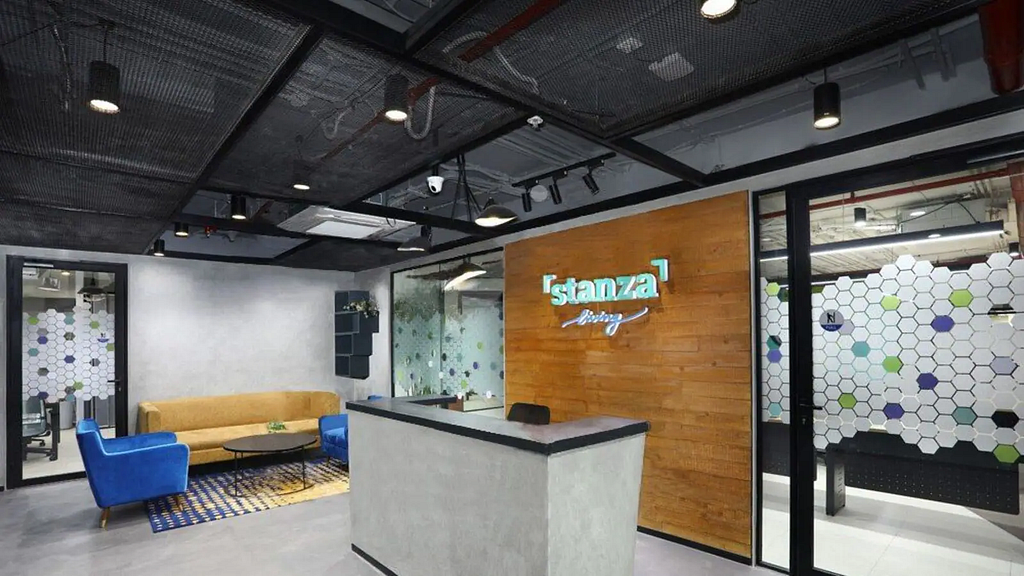
Education in 2023: Crystal Ball Gazing
Photo by Abhishek Rai on Unsplash
It has been a strange year in Education, more specifically for Edtech.
On the one hand, what dominated the news is the issues around funding winter fueled layoffs among some of the well-funded start-ups and the reassessment of need for hybrid and offline learning, and not just online learning.
Not just that, allegations of mis-selling in a few cases and even more troubling, a litany of issues facing the most valued Edtech in the company from delayed financial statement filings to changes in audit rules, issues with loans and refunds, all amidst a relentless pressure to keep investor pressure at bay.
Source: FinTrackr
On the other hand, the very same year, saw the rise of many more permanent changes, which can drive an underlying shift in the Education landscape. Some of this had been imagined by the new education policy even before the pandemic but we are starting to see the results play out only now.
Having seen the changes play out from the trenches, here is our prediction for what 2023 will bring to the sector.
What will emerge in 2023:
a) Affordable learning: Some Edtechs had pegged their courses at prices that many could not afford. The market for people who could afford such courses is limited in the country. Loans and other financial mechanisms were one method used to address affordability.
However, Education is a humungous market in India. And given the large, unmet need for high-quality education across levels, there is a space for very affordable and high-quality education, specially if delivered in regional languages.
Evidence: the most visible one today is Physicswallah, with companies such as iNeuron, Josh Skills operating in this space. More vertical solutions are needed here, and we would see more inorganic opportunities here as well.
b) Foundational learning: With kids being out of school for over two years during the pandemic, as the academic year started again 2021–2022, there was a big loss of learning witnessed among young kids. India already had a high level of learning poverty with young children not able to read simple sentences in English. Reading has been recognized as the most foundational of foundational learning.
If India must see big changes in learning outcomes, rather than staying with test-prep and job-readiness, the problem has to be solved from the right end f the stick, which is at the level of foundational learning.
Evidence: Central Square Foundation has been evangelizing the need for this, and there are already specific companies from Stones2Milestones to Brightchamps etc. who are working in this area. Scale is much needed to show impact here along with different kinds of funding solutions.
c) College for life: The nature of college as a linear, 3–4-year degree is fast-changing. And the New Education Policy has initiated some long-term changes which could unlock more chances for Higher Education for people who may either not have the money to pursue the current college courses or may not have the chance to pursue them in one shot. Initiatives such as academic bank of credit, professors of practice etc. might drive more partnerships between colleges, industry and the specialized Edtechs.
Evidence: Companies such as Upgrad are already trying to solve for the learning need of people from ages of 18 years to 50 years+. Masters’ Union has brought in its 16 month tech focused PGP, which has garnered the attention of recruiters such as BCG, Bain, Zerodha, and Google. Stoa’s 6 month alternative MBA designed for working professionals has helped 850+ professionals transition into product and growth roles. Different solutions for job-readiness, preparation for high-demand careers, will find more opportunity in 2023.
d) After Edtech, time for TechEd?
Evidence: Some of the largest and most valued Edtechs over the last few years have been providing learning solutions to their chosen audience groups.
But beyond providing learning, there are increasingly more infrastructure and technology led solutions needed to provide the learning. In 2023, more of these solutions might find attention and scale
Evidence: Quizziz for their approach to creating quizzes for learning, teacher platforms such as ClassPlus, Teachmint, TeachEdison etc. and emerging assessment platforms show the shift.
e) AI and metaverse:
Technology in Education has been so far limited to different ways of delivering learning and tyring to bring some personalization in learning paths for people based on data.
The true personalization of Education where each person could learn exactly based on their pace, learning patterns, and understanding levels, is yet to become real.
Technologies such as AI/metaverse etc. are today being looked at more seriously and some of the next generation of start-ups could emerge from a completely different and deep technology led lens to education.
Evidence: you tell us, what you see emerging here
The most important learning — There are many companies that have been working in Education, for years across not for profit and for profit business models, solving specific learning issues. Education is a sector where long-term impact is much needed and hence we need to celebrate these companies more and enable them to get the right pathways for growth.
Education in 2023: Crystal Ball Gazing was originally published in LoEstro Advisors on Medium, where people are continuing the conversation by highlighting and responding to this story.

